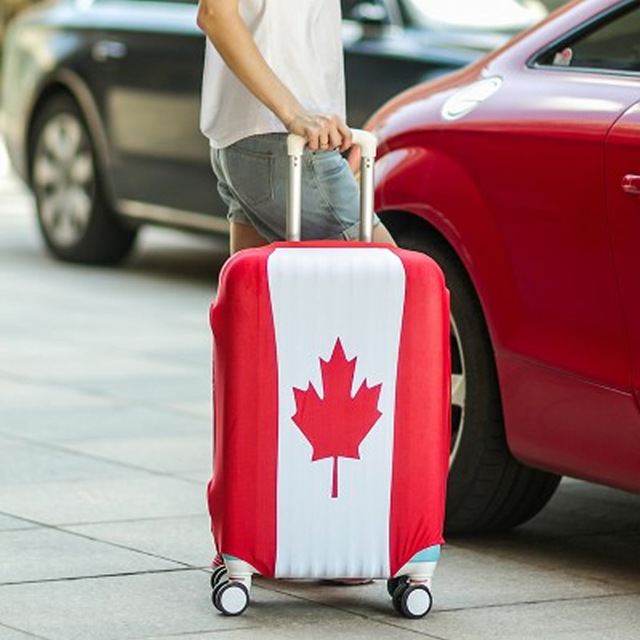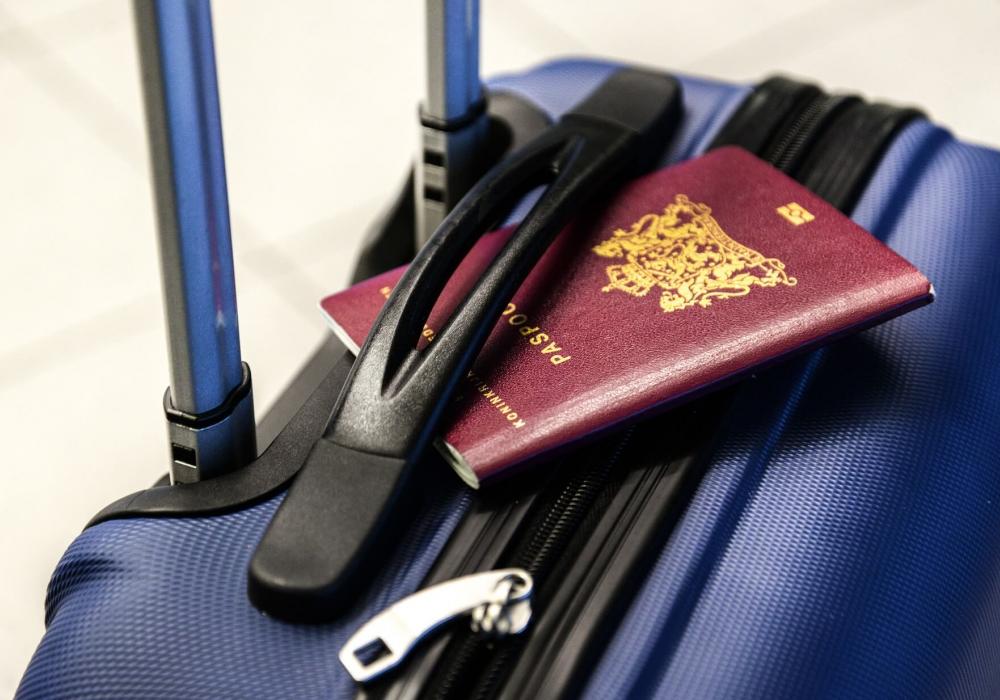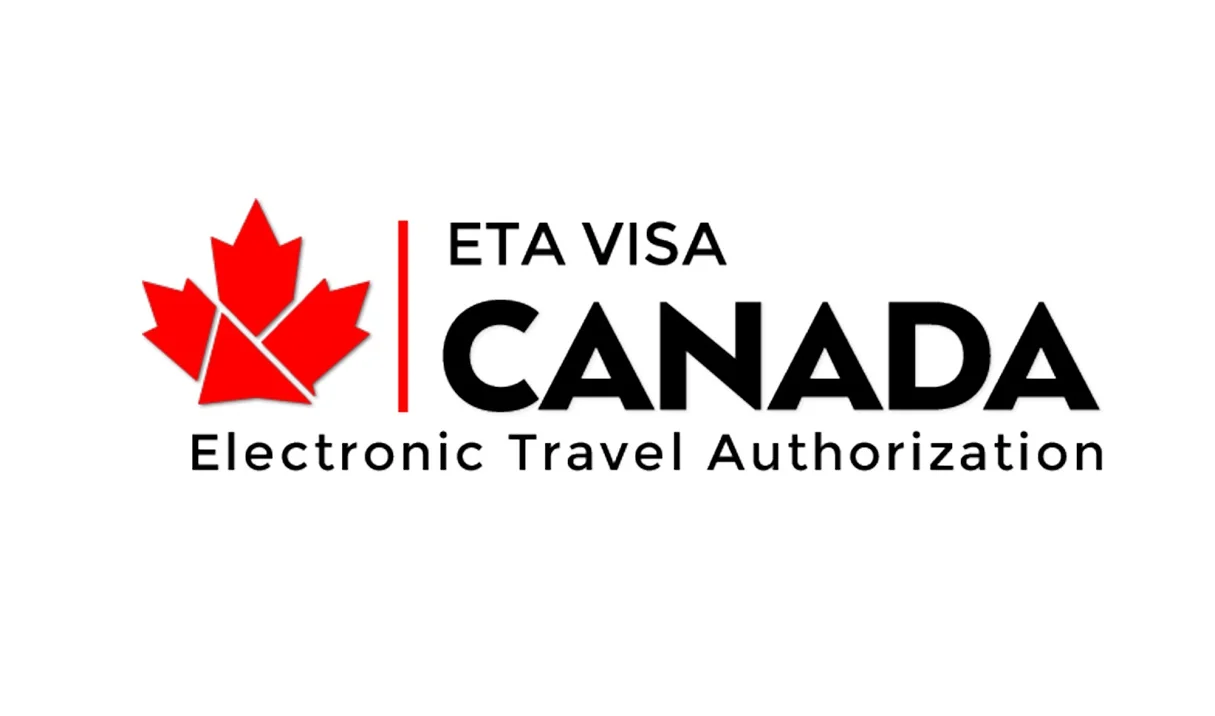immigration
The Best Ways for a Couple to Immigrate to Canada

The Best Ways for a Couple to Immigrate to Canada
There are many options for a couple to come to Canada, including spousal sponsorship and more traditional methods where your spouse joins you as a dependant. For the purposes of immigration to Canada, same-sex couples and common-law partners are regarded as spouses.
A new life may be frightening, particularly if you undertake it on your own. It might be difficult for many immigrants to bring their family to Canada, but it need not be. Some options allow you to come to Canada concurrently, even if you get your permanent residency on separate dates. Find the best program to get the process started for you and your spouse by reading on.
How to Apply for Joint Immigration to Canada
Here are a handful of the several routes a couple might take to come to Canada:
1- Sponsorship by a spouse
Undoubtedly one of the easiest ways to bring your spouse to Canada is via the Spousal Sponsorship Category (part of Family Class immigration). For those who are married to Canadians who can sponsor them for permanent residency or who already have a spouse who can, this is the best option.
If you are applying jointly, the Sponsor must first apply for permanent residence in Canada via one of the several immigration methods available. It is only possible to submit an application for sponsorship of a spouse, common-law partner, or romantic partner when the Sponsor has acquired permanent residence. If you immigrate with your spouse as a dependant, you may submit a joint application for permanent residence.
Conditions for spousal sponsorship in terms of relationships
Spouse;
In this instance, a civil ceremony is used to marry the Sponsor and the Sponsored Person. You need a marriage certificate from the province where you were married in order to get married in Canada. A marriage outside of Canada must be recognized as lawful both in the nation in which it was celebrated and in Canada. A same-sex marriage that took place outside of Canada cannot be taken into consideration under this category, even if an application may be submitted under the other two.
A common-law spouse
For this category to apply, the Sponsor and the Sponsored person must have lived together continuously for at least a year.
Relationship partner:
This category is for candidates who, owing to exceptional circumstances, such as legislation outlawing same-sex marriage in their country of origin or other barriers to immigration, do not qualify under the other two categories. A degree of commitment (including common assets, emotional connections, and financial ties) between the Sponsor and the Sponsored Person must persist for at least a year.
Specifications for sponsors applying
18 years old or older
being a Canadian citizen or a permanent resident of Canada
no prior criminal history
cannot have been sponsored during the previous five years as a spouse.
The sponsored applicant’s requirements
Age requirement is 16 years or older.
2- Express Entry
There are three primary immigration programs governed by the Express Entry system are the Federal Skilled Workers Program, the Federal Skilled Trades Program, and the Canadian Experience Class. Couples wishing to submit an Express Entry application for permanent residence have a choice between two options: either the main applicant adds the spouse, common-law partner, or conjugal partner as a dependant, or they designate them as a secondary applicant.
The Canadian Experience Class is better suited to single, young professionals and does not allow dependents. So keep in mind that only the Federal Skilled Worker and Federal Skilled Trades Programs are open to couples mentioning dependents.
Submitting a joint application with a secondary applicant
Because your spouse is seen as a program contributor, this strategy is unique. The Federal Skilled Worker and Federal Skilled Trades Programs funds must still be verified by applicants. This implies that when you create your profile via one of these Express Entry programs, you may earn up to 1,200 points, of which only 40 are dependent on the profile of your spouse. This may not seem like much, but when you consider that the usual successful CRS score falls between 430 and 460, it becomes significant.
CRS adds/subtracts your spouse’s earnings
Language ability:
The Canadian Language Benchmark (CLB), which measures your proficiency in speaking, listening, reading, and writing in both French and English, determines this.
Level of education:
Postsecondary education in or outside of Canada is measured by this. For Canadian schooling and degrees that are comparable to a Master’s or above, the maximum points are given.
Age:
Individuals between the ages of 20 and 29 get the most points, while those above the age of 47 receive no points.
Canadian employment history
This takes into consideration employment history acquired in Canada; a minimum of two years is preferred for a better rating.
Prior to applying, selecting the partner with the strongest profile as the top prospect is essential. However, if your spouse would do badly, you could want to consider designating them as a dependant. If your spouse performs well in the aforementioned areas, it is desirable to designate them as a supplementary application.
Application for dependents
The CRS score is unaffected by your partner’s profile, but if you designate them as dependents, you must demonstrate that you have the financial means to migrate to Canada if you have dependents.







